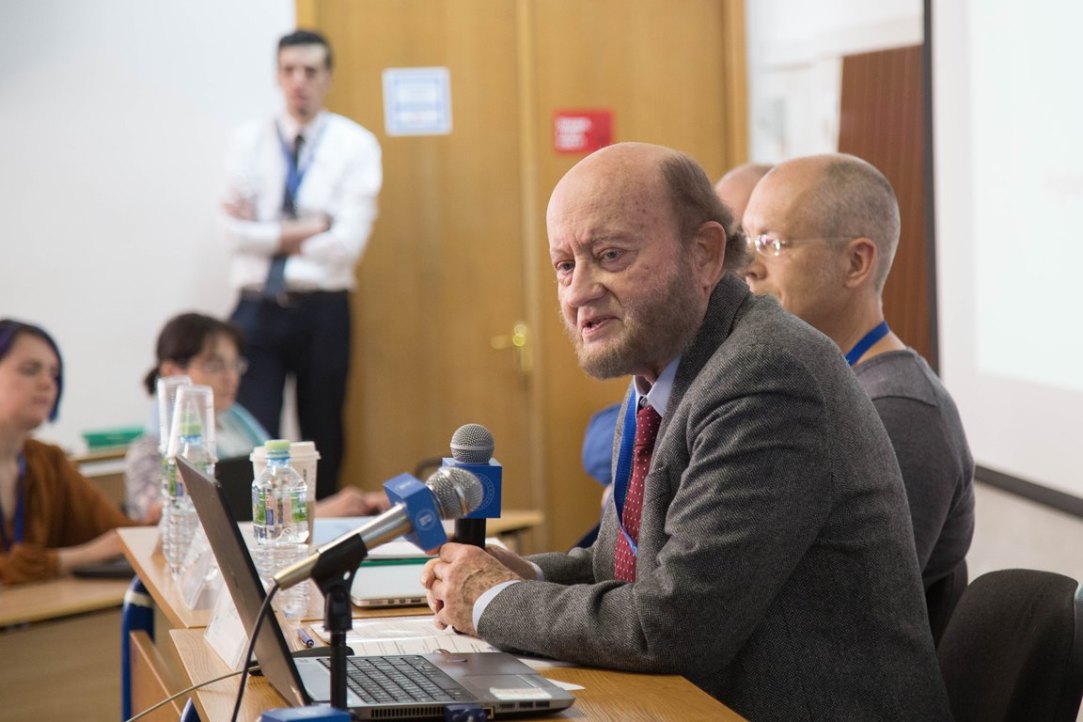What constitutes a country’s geographic core and periphery? Can a periphery turn into a core? What is the role of tourism in regional development? These questions were addressed in the presentation made by David Weaver (Dongbei University of Finance & Economics, China) at the Tourism and Hospitality session of the XX April International Conference held in Moscow last week.
Author: Besova, Maria
Students from HSE ISSEK, Stanford University, and Rice University have researched how Russia and the US cooperate in cybersecurity and explored the nuances present in the approaches that each country takes in this area, including different understandings of cybersecurity-related terms. The research was conducted in 2016-2017 as part of the Stanford US-Russia Forum (SURF), a programme dedicated to developing US-Russia cooperation. Over a period of 8 months, 30 American and Russian students and young professionals worked on their projects.

On November 13-14 a meeting of the Executive Committee and the Scientific Advisory Committee of the World Values Survey Association was held at the Higher School of Economics in Moscow. The main mission of the meeting was the design of the master questionnaire for the new wave of the World Values Survey to be launched in 2017. World Values Survey scholars are also participating in the LCSR 5th International Annual Research Conference 'Cultural and Economic changes under cross-national perspective' which is currently underway at HSE. Christian Haerpfer, President of the World Values Association, has talked to HSE News Service about the survey and the preparation for its new wave.
Does the economy influence the way people bring up their children? How can we determine and measure a child’s utility? How can parenting styles be categorized in an economic model? These are the questions that Professor Fabricio Zilibotti of the University of Zurich addressed in his honorary lecture ‘Parenting with Style’, which he delivered at the April International Academic Conference.
1
2
